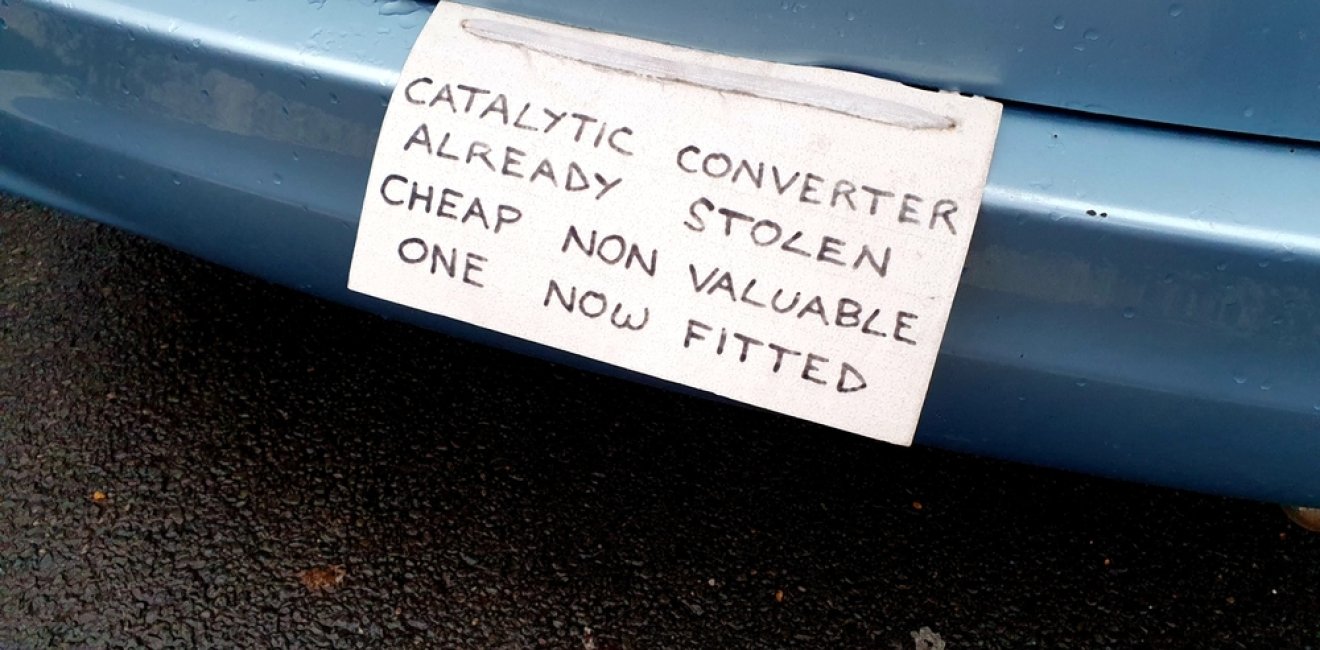
A blog of the Wilson Center

Over the last year, more than 2,000 catalytic converters were stolen in the city of Tulsa, Oklahoma. Vladimir Putin and climate change policy are partly to blame.
Catalytic converters are the specialized devices in many cars and trucks used to reduce toxic gases and pollutants from vehicle exhaust. With internal combustion engine-driven vehicles are likely to dominate the vehicle market for some time to come at the same time that pressure on leaders in America, Europe, Japan, and elsewhere to push for greater greenhouse gas reductions is growing, the importance—and value—of catalytic converters is greater than ever.
But it’s not only growing awareness of climate challenges that is boosting the price and value of catalytic converters, it’s also what goes into them—precious metals like platinum, palladium, and rhodium—and where those ingredients are found.
Russia is the world’s largest or second largest producer of all three of those metals, and the Kremlin’s war on Ukraine is affecting their supply. That, in turn, is helping Russian interests to reap greater profits at the very time that the West is seeking to apply “maximum economic pressure” on Moscow. Rhodium, for example, is selling for more than $1,000 per ounce.
Of course, there are countless other critical minerals that are both essential to the world’s ambitions for a greener, cleaner future, that are also located in “complicated” settings. More than seventy percent of the world’s cobalt, for example, comes from the Democratic Republic of Congo. The second largest source—you guessed it—is Russia. According to Forbes.com, while Australia is currently the largest producer of lithium, Chile, China, Argentina, and Zimbabwe round out the top five sources. .
There’s another complication in the effort to push for a “shock-free energy transition.” The public will need to come to terms with how these critical minerals are obtained. To state what should be obvious, they’re extracted from the ground. And when plans for new mining operations are announced, in addition to the thick overlay of permits and regulations that is brought to bear, there is often opposition from environmental advocates. A new, more thoughtful approach to securing our most vital critical minerals is long overdue. After all, how various stakeholders and constituencies come to terms with our energy-related choices will affect the world’s ambitious plans for transitioning to a new energy approach.
In the meantime, according to the National Insurance Crime Bureau, thefts of catalytic converters have increased 1,215% since 2022.
Author

Explore More in Stubborn Things
Browse Stubborn Things
Spying on Poachers

China and the Chocolate Factory

India: Economic Growth, Environmental Realities
